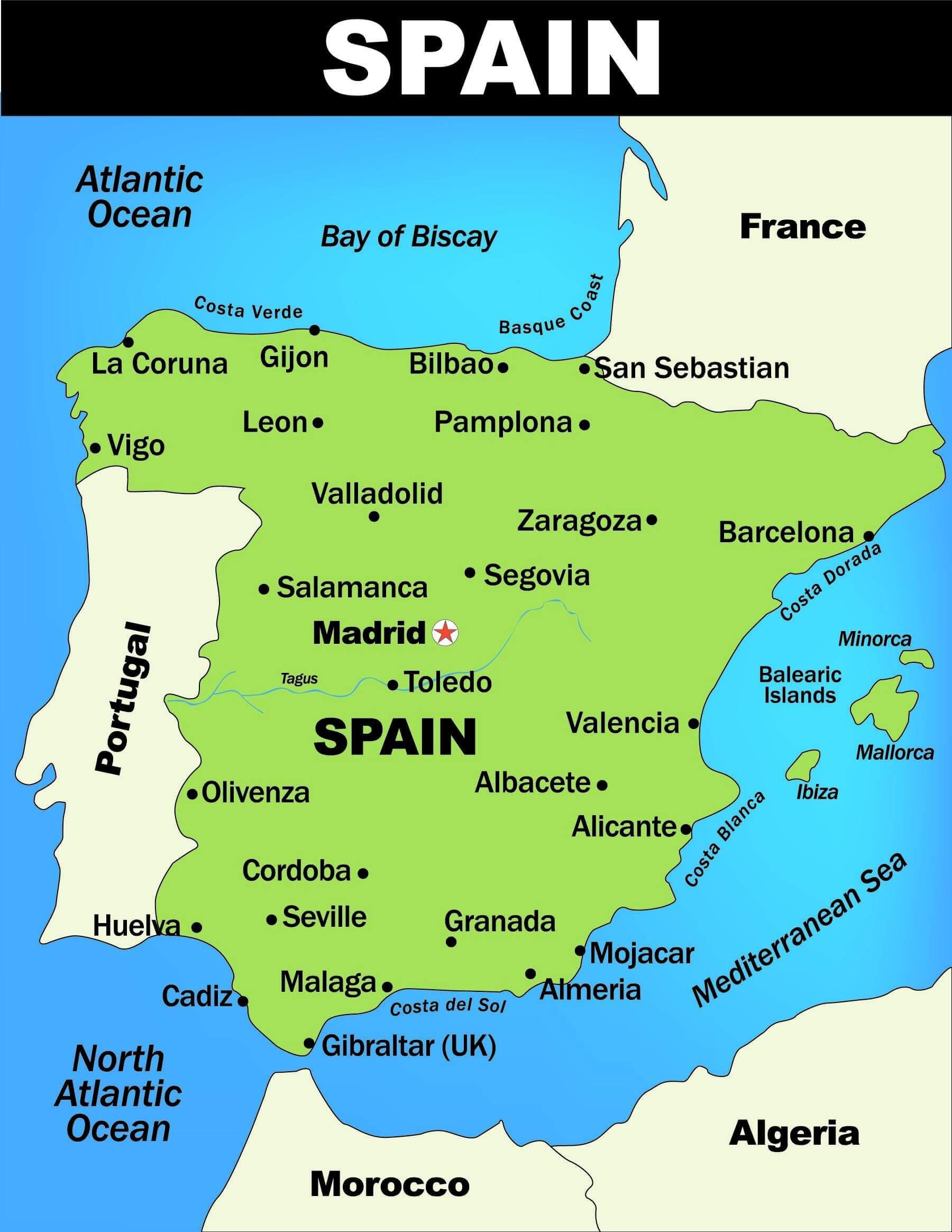In the heart of Spain, a network of vocational aerospace schools is buzzing with activity. These institutions are not just buildings; they are shaping the future of young workers, preparing them for dynamic careers in the global aerospace industry. The world of aviation and aerospace is fast-paced and requires skilled professionals who can adapt to technological advancements and industry trends.
Imagine walking into one of these schools – the air filled with the sound of engines roaring and students passionately discussing aerodynamics. It’s a place where dreams take flight, quite literally. The classrooms are not only filled with textbooks but also with state-of-the-art simulators and equipment that mimic real-world aviation scenarios.
One of the key aspects that make these vocational schools stand out is their focus on practical learning. Students don’t just memorize theories; they roll up their sleeves and get hands-on experience working on aircraft components, troubleshooting systems, and understanding maintenance procedures. As they graduate, they are not just armed with a certificate but with valuable skills that make them assets in the aerospace job market.
Experts in the field emphasize the importance of such vocational training programs in meeting the growing demands of the aerospace sector.
“Hands-on experience is invaluable in this industry,”
says John Smith, an aviation analyst.
“These schools play a crucial role in bridging the gap between theoretical knowledge and real-world application.”
Moreover, these schools are not limited by geographical boundaries when it comes to preparing students for global careers. With an increasingly interconnected world, aerospace companies seek talent that can seamlessly work across borders. By providing students with a diverse learning environment and exposure to international standards, these schools ensure that graduates are ready to navigate through different cultures and regulations.
While these institutions symbolize hope for aspiring aerospace professionals, challenges persist. Recent reports have highlighted security concerns at military training schools in Somalia following an explosion claimed by Al-Shabaab militants. This incident serves as a stark reminder of the complex socio-political landscape that intersects with education and training initiatives globally.
As countries strive to equip their youth with skills for tomorrow’s workforce, incidents like these underscore the need for vigilance and robust security measures within educational institutions worldwide.
In conclusion, Spain’s vocational aerospace schools serve as beacons of excellence in nurturing talent for a thriving industry that knows no bounds. Through innovative teaching methods, practical experiences, and a global perspective, these institutions empower young individuals to soar high in the vast skies of opportunity.









Leave feedback about this